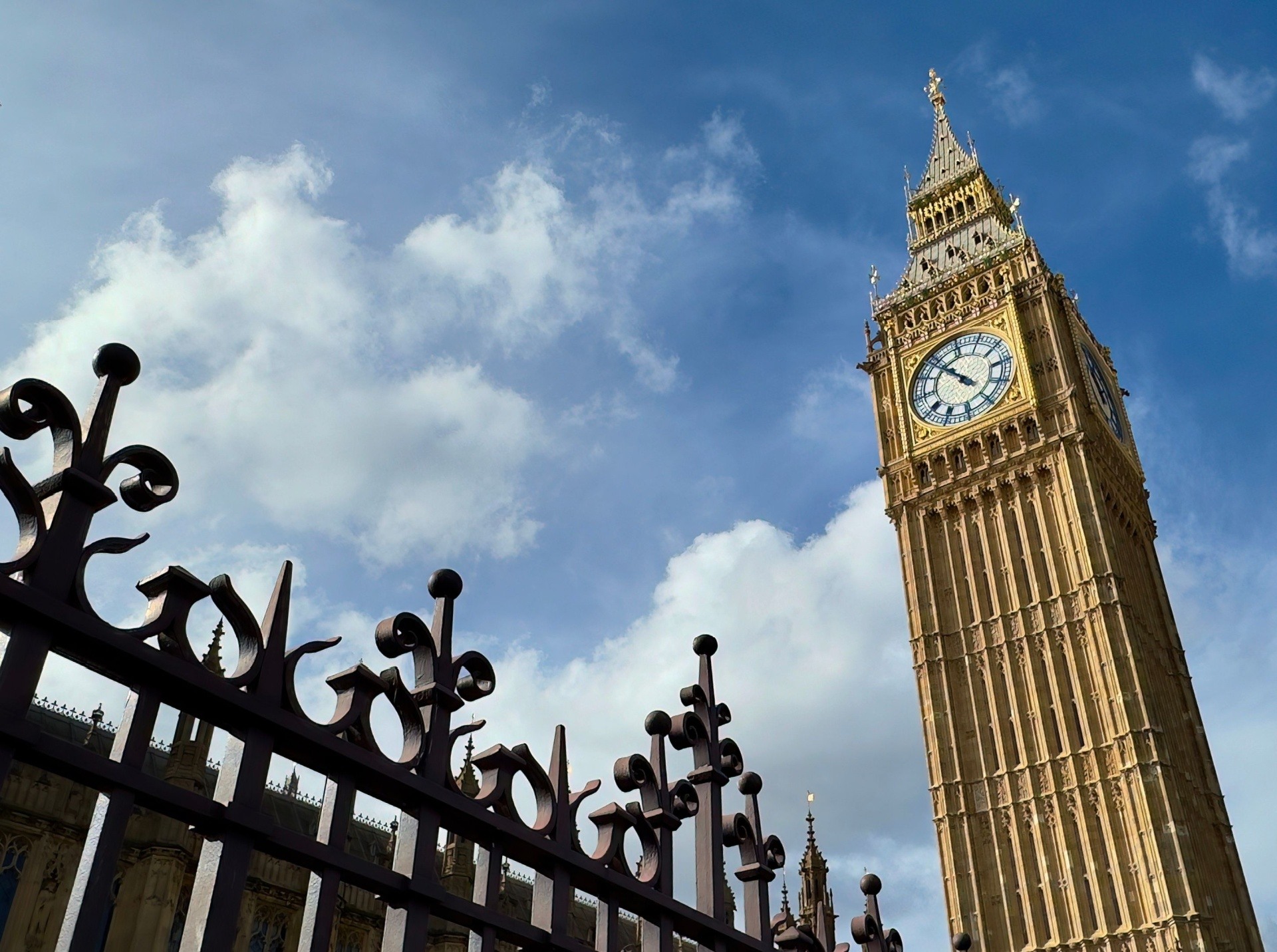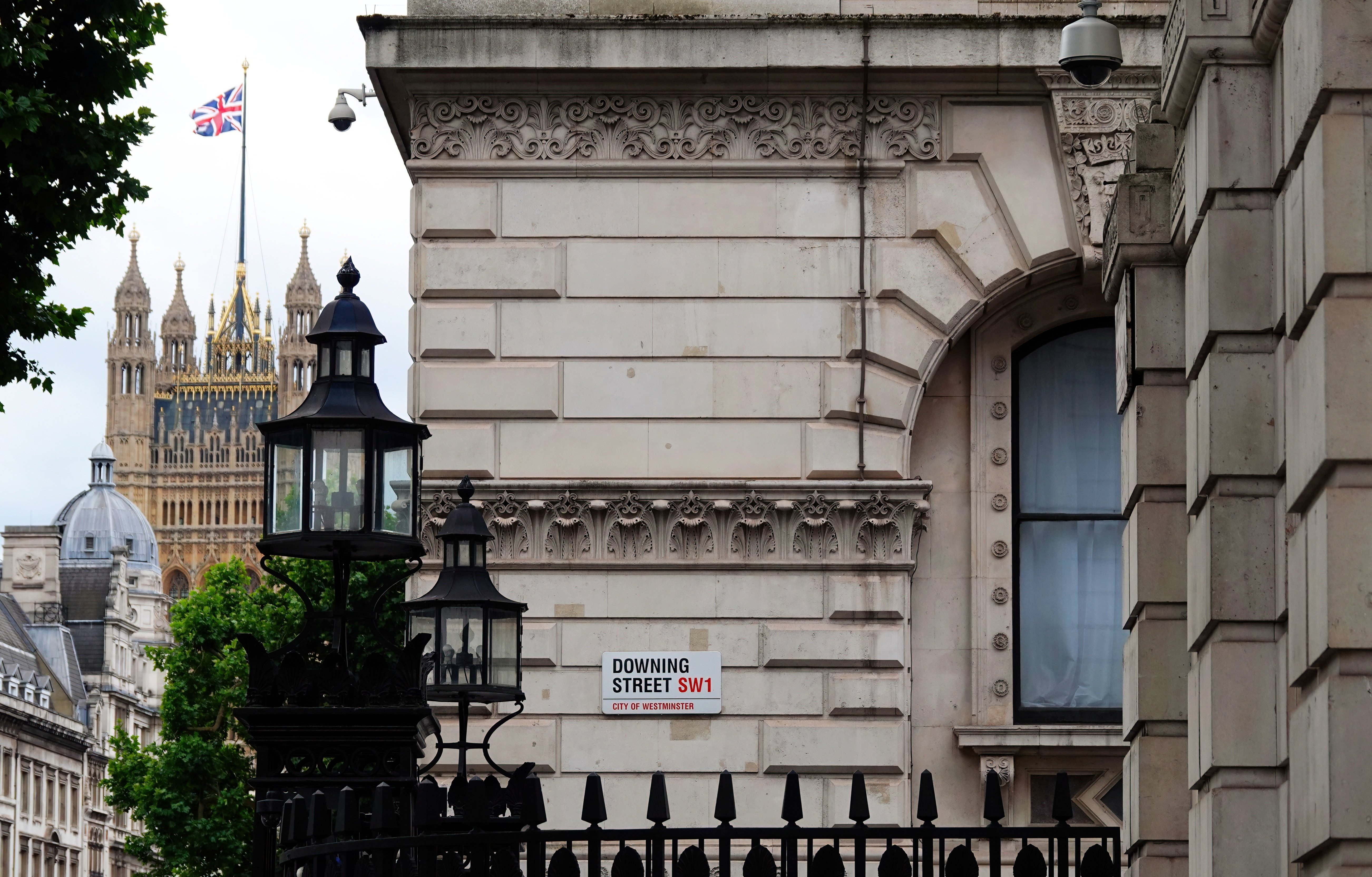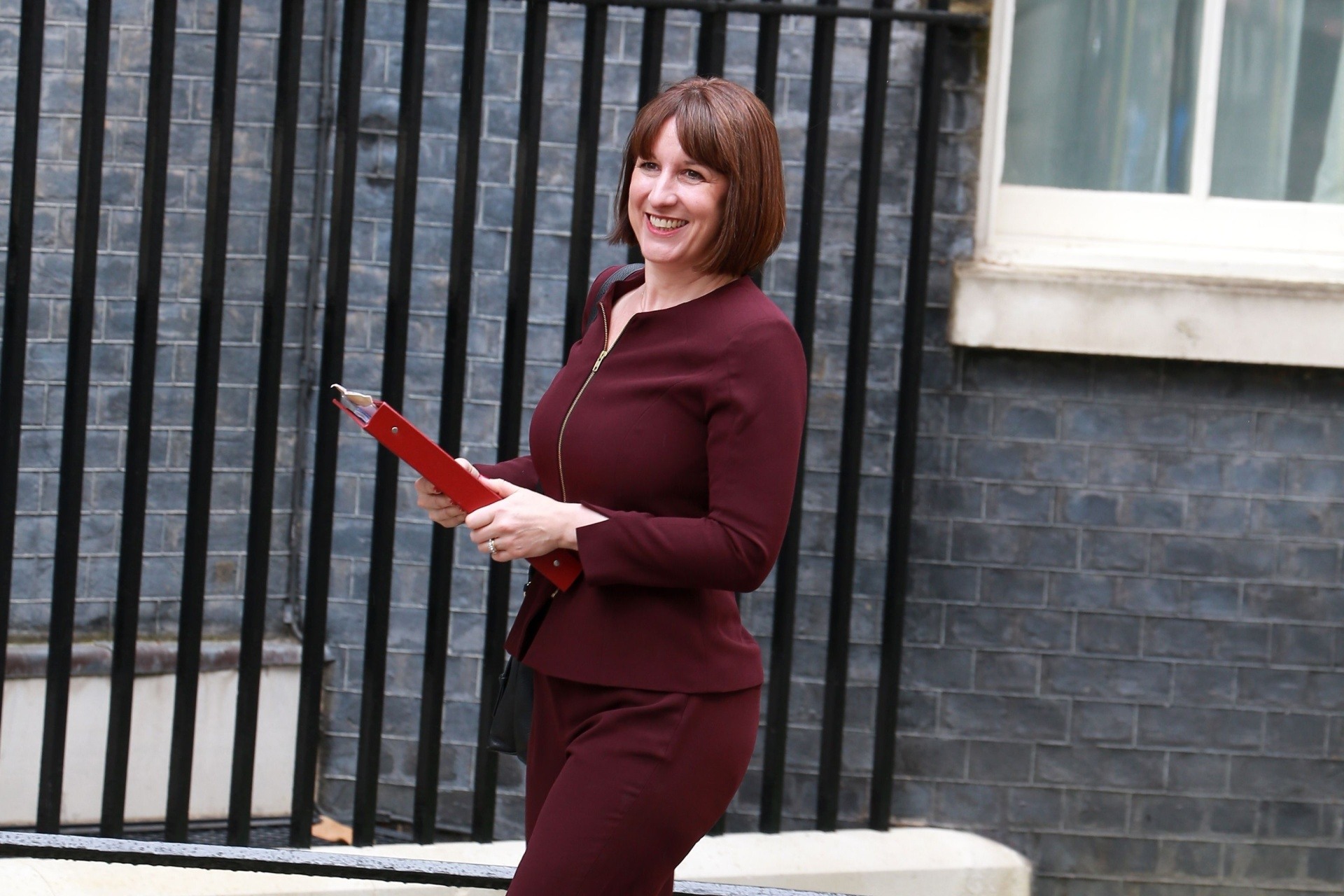Weekly Briefing: Capital Gains Tax Speculation, Property Market Update, Gambling Stocks Fall up to 14% & National Wealth Fund Establishment
In this week’s briefing, we recap a week that saw speculation around a potential capital gains tax increase, uncertainty in the property market due to budget predictions, a drop in UK gambling stock prices over concerns of a betting duty rise, and the establishment of the National Wealth Fund.
UK Economy
Potential Increase in Capital Gains Tax
- Rachel Reeves is said to be contemplating a significant increase in capital gains tax (CGT) rates, potentially raising them to a range between 33% and 39%. This proposal comes amid urgent discussions to secure funding for crumbling public services.
- Currently, about 350,000 individuals are subject to CGT, which is levied on the sale of assets such as second homes and shares. These individuals are taxed at rates significantly lower than those applied to earned income, raising concerns about equity in the tax system.
- The Institute for Fiscal Studies (IFS) has projected a staggering funding gap of £25 billion, compelling the government to consider various tax hikes before the critical budget announcement scheduled for October 30. Whitehall sources indicate that there is rising alarm about the diminishing options for effective tax increases.
- Concerns are mounting within the Treasury regarding proposed taxes targeting non-domiciled individuals and private equity executives, with officials warning that these measures may not generate the anticipated revenue.
- In light of this situation, Treasury officials are racing against time to finalise CGT and inheritance tax modelling for evaluation by the Office for Budget Responsibility (OBR), ensuring that their projections align with economic realities and public expectations.
- According to the IFS, “The government should seek to make capital gains tax reform credibly lasting. It should set out clear principles and a rationale for reform, committing to the new regime for the length of the parliament. Instability and unpredictability are bad for investment.”
Impact of Tax Uncertainty on the Property Market
- Jason Honeyman, the CEO of North East Bellway, has criticised the UK government for contributing to uncertainty in the property market by hinting at potential tax increases in the upcoming budget, believing that this has led to hesitancy among potential homebuyers who are delaying their purchasing decisions in light of the unclear economic landscape.
- Honeyman also pointed out that many customers are expressing concerns regarding the October Budget, and the prevailing atmosphere of uncertainty is affecting consumer confidence in the housing sector.
- Bellway anticipates a resurgence in home sales next year, particularly after the uncertainties surrounding the budget are resolved and as mortgage rates continue to decline. This optimism comes despite the company's recent report of a 30% decrease in revenue, indicating the challenges facing the housing market.
- The company’s sales rate has reportedly surged nearly 50% compared to the depressed figures of last year, although it still falls short of a typical autumn market. Additionally, Bellway's order book increased from 4,636 homes to 5,109 homes year-on-year, suggesting a growing demand for new-build properties.
- While Bellway expects home completions to rise by 11% to 8,500 by July 2025, it acknowledges that recovery to pre-2023 levels will take longer, posing a challenge to the Labour government’s ambitious goal of building 1.5 million new homes over the next five years.
- Honeyman concluded, “There is hesitancy in the market at the moment. We have many customers who have concerns about the October Budget… so they are delaying decisions. The noise is that tax rises are on the way. That is what has hit people on the street.”
Shares on UK gambling stocks drop amid fears of tax hikes
- Shares in British gambling companies fell sharply, wiping more than £2bn from their stock market value after investors reacted to reports that the Treasury is considering new tax hikes on the industry, ranging from £900m to £3bn.
- Treasury officials, working on Labour’s upcoming budget, are looking at proposals from two think tanks. The Social Market Foundation (SMF) suggests increasing taxes by £900m, while the Institute for Public Policy Research (IPPR) recommends raising up to £3bn in general betting duties.
- Major gambling operators saw their stocks decline on this news. Entain, which owns Ladbrokes, dropped 8%, Flutter fell 6%, and William Hill’s parent company, Evoke, dropped by a massive 14%.
- The IPPR’s plan would target “higher harm” products, like online casinos, doubling current taxes, whereas the SMF’s more moderate proposal suggests raising the tax rate on online gambling to 42%, estimating an additional £900m in revenue.
- A recent Survation poll found that 52% of Britons support higher taxes on online gambling. The SMF report argues that increasing remote gaming duty could help align the UK’s tax system with other countries and better address the social harms of gambling.
- The Betting and Gaming Council criticised these tax proposals, warning of potential job losses and economic damage.
- Grainne Hurst, the Council’s CEO, stated, “Any further tax rises now will not only slam the brakes on growth for our sector but threaten jobs and completely derail horse racing.”
Establishment of the National Wealth Fund
- The UK Infrastructure Bank is set to evolve into the National Wealth Fund (NWF), as announced by Chancellor Rachel Reeves during the International Investment Summit in London, part of a strategic shift aiming to expand the bank's focus beyond infrastructure to better support the government's broader strategy.
- The NWF will be capitalised with £27.8 billion, enabling it to stimulate private investment in critical sectors and technologies that align with the government's clean energy ambitions.
- In addition to private sector investments, the NWF will continue providing commercial and financial advisory services to local authorities, reinforcing collaboration with regional leaders to achieve growth objectives.
- The NWF is also expected to play a more integrated role with government departments, fostering a closer partnership between investment expertise and policymaking to accelerate the development of initiatives that support market growth.
- The Chancellor emphasised the significance of this initiative, stating, “Today’s announcements are the first step in delivering on this government’s central mission to secure sustainable growth, rebuild Britain and make every part of the country better off.”
- John Flint, CEO of the National Wealth Fund, expressed his commitment to the fund’s goals: “It is a huge privilege to be entrusted with the responsibility of leading the National Wealth Fund. Building on the strong foundations we have laid as UKIB, we will hit the ground running, using sector insight and investment expertise that the market knows and trusts to unlock billions of pounds of private finance for projects across the UK.”
Final Note
This week’s briefing explored some notable shifts in the landscape of UK taxation and the economy, highlighting key trends and challenges that are shaping the investment and property markets.
With potential capital gains tax increases on the horizon, many investors are feeling the pressure of impending fiscal changes. The UK’s property market remains sensitive to budgetary speculation, with uncertainties around tax policies leading to delayed purchasing decisions.
Meanwhile, the broader economic impact of proposed tax hikes on industries such as gambling underscores the complexities of balancing public revenues with economic stability. As the government races to close the funding gap, businesses, investors, and consumers alike are bracing for the October budget’s uncertain outcomes.
%20(3)%20(2).jpg)








